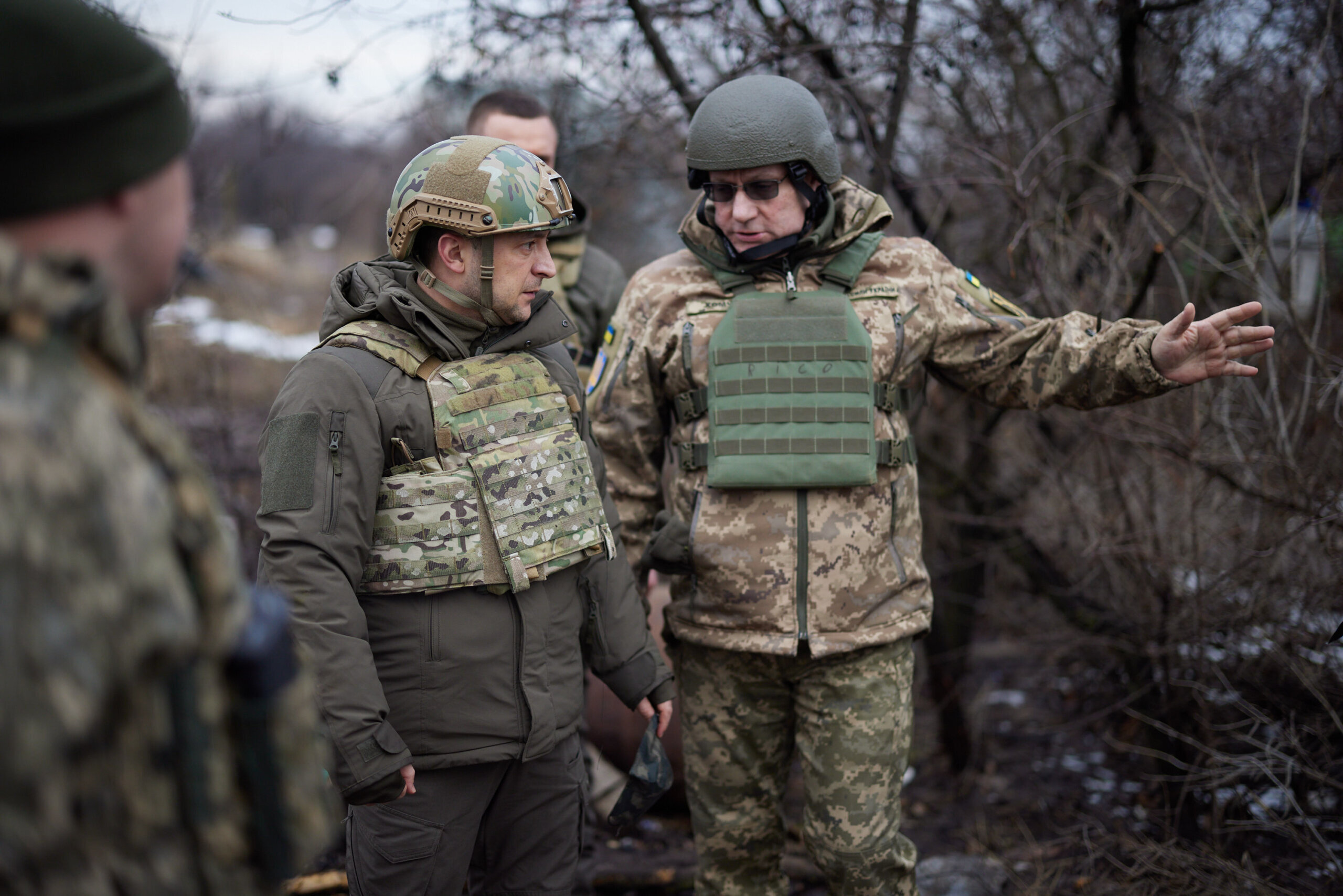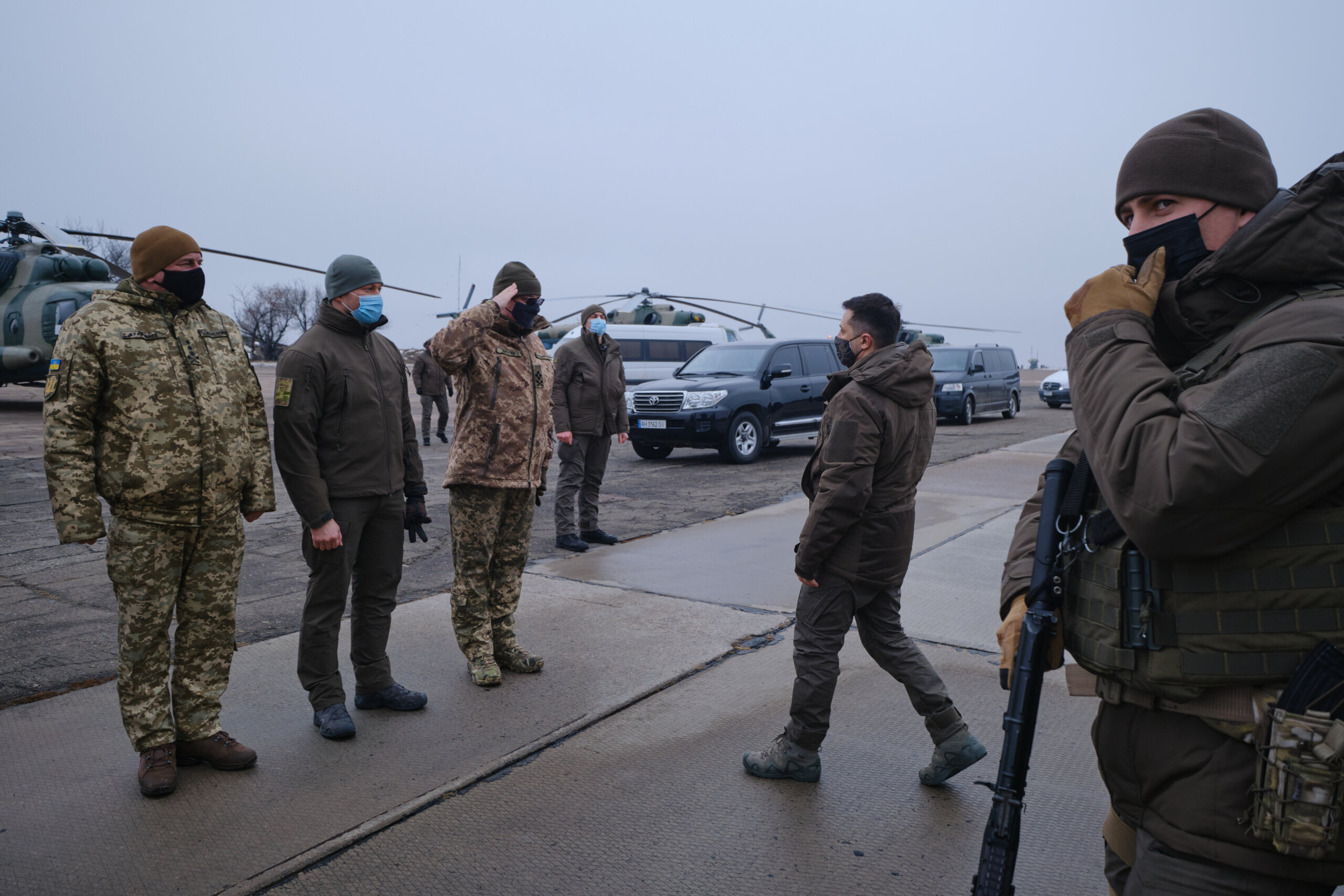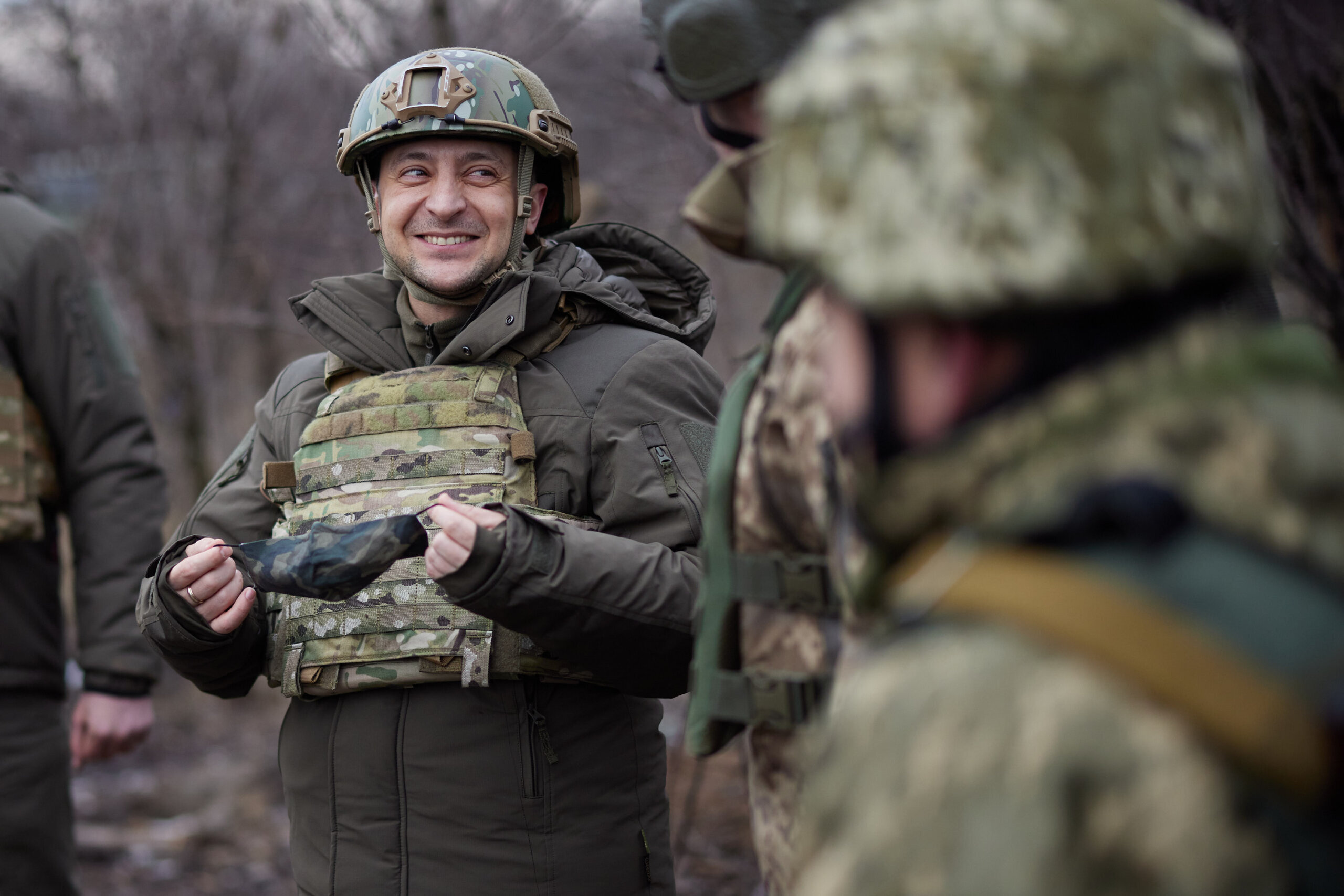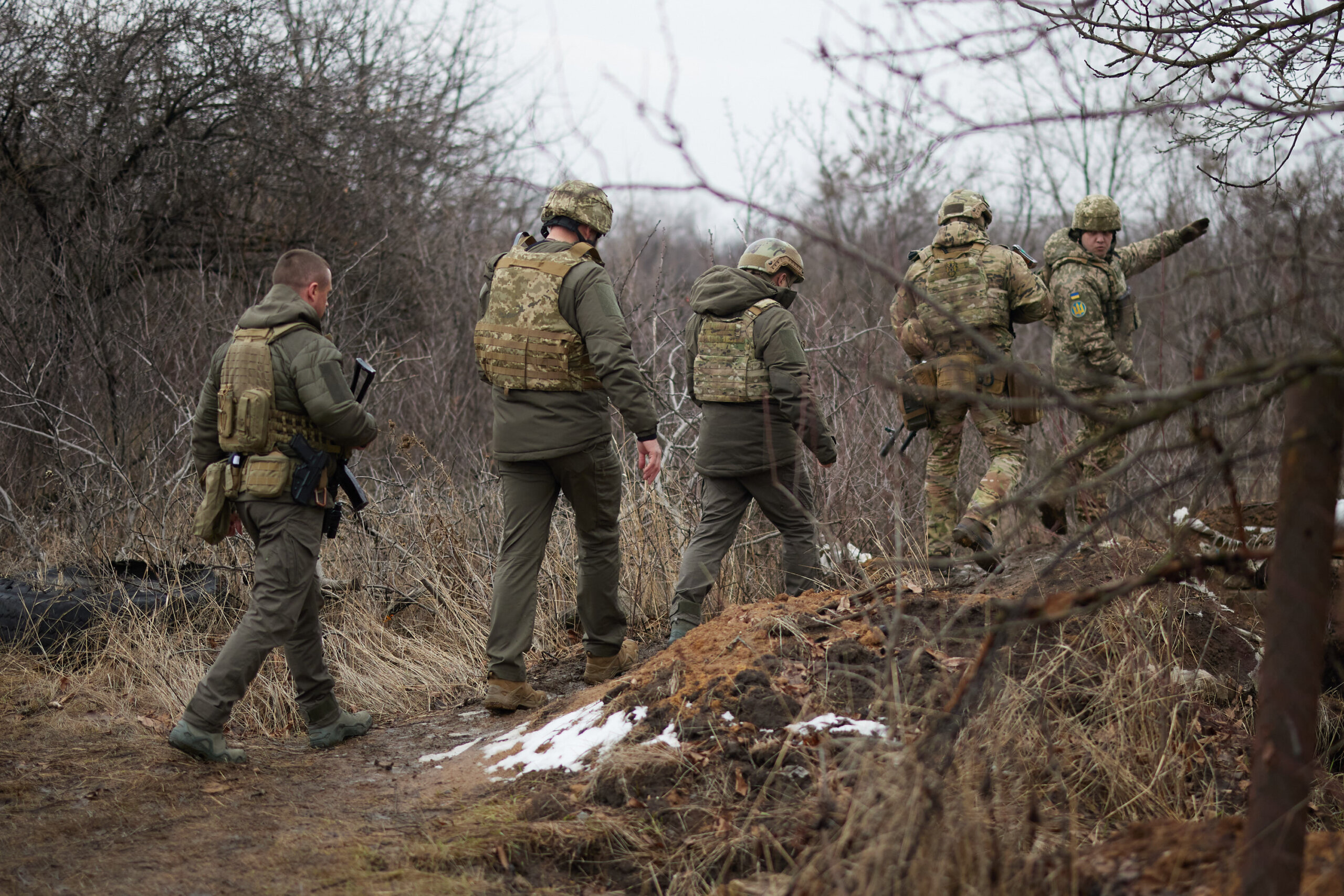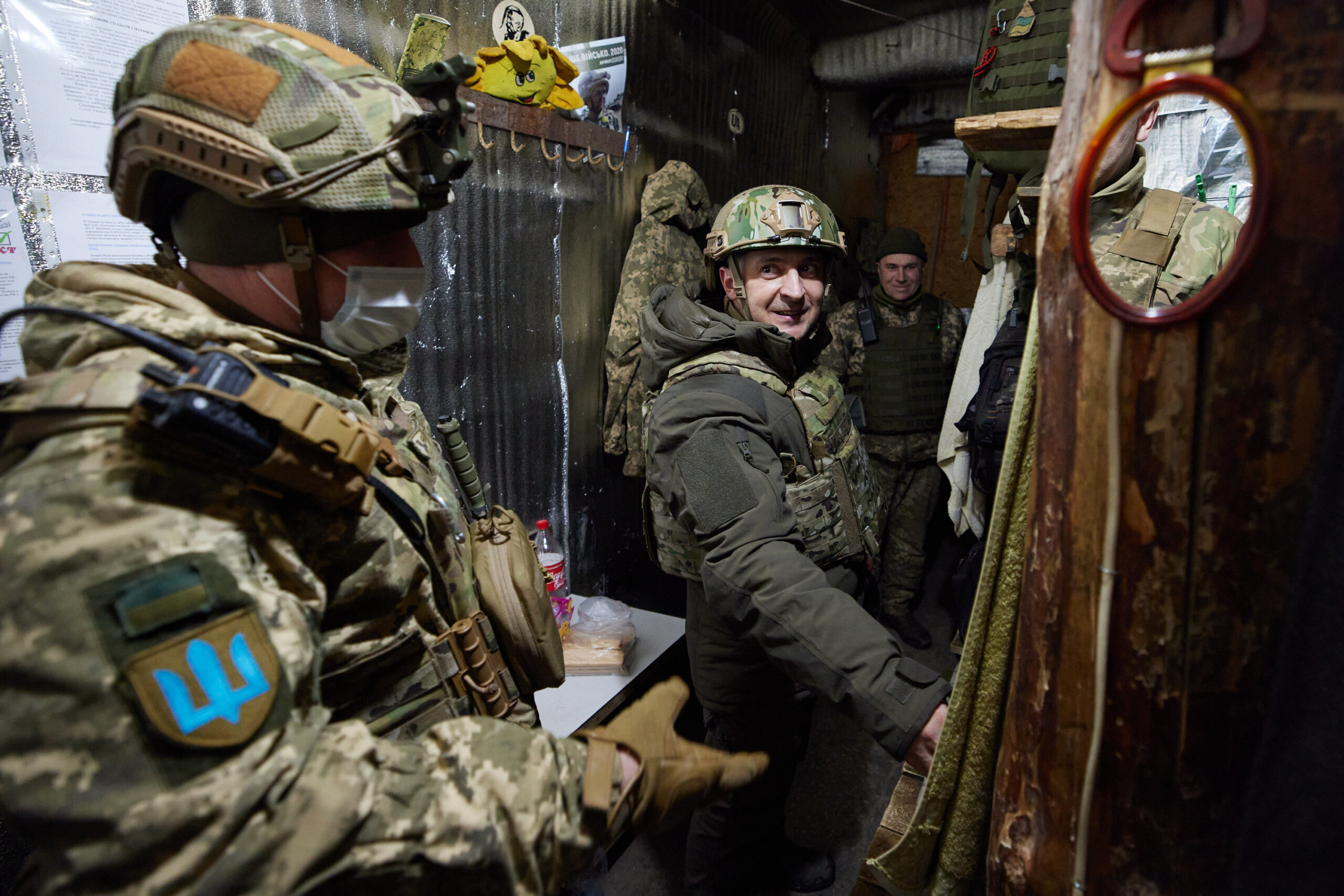The static war in Donbas, which Ukrainian authorities persistently call “the longest ceasefire,” has claimed the lives of two more Ukrainian military servicemen on Feb. 11.
An enemy marksman shot and killed engineer platoon soldier Oleksandr Hlushko of the 59 Motorized Infantry Brigade near the front line town of Zaitseve, close to the occupied city of Horlivka. Most of this year’s fatalities were also caused by sniper fire.
Private Hlushko was 36 years old. He is survived by his spouse and two children.
Later in the day, soldier Vladyslav Lyaschenko of the 28th Mechanized Infantry Brigade was killed in a clash with Russian-backed militants near the town of Novomykhailivka, just southwest of the occupied city of Donetsk.
The soldier died in action after being hit by heavy machine-gun fire at 8:45 p.m. local time, according to his combat unit.
He was 24.
The latest incidents increased the rapidly growing Ukrainian death toll to six confirmed combat-related fatalities in 2021.

Ukrainian soldiers Vladyslav Lyaschenko (L) and Oleksandr Hlushko (R) killed in action in Donbas on Feb. 11, 2021. (Courtesy )
As recently as Feb. 2, Senior Sailor Dmytro Vlasenko, a Ukrainian serviceman with the 503rd Marine Battalion, was killed in action, becoming the fourth casualty since the beginning of the year.
Two young soldiers with the 28th Mechanized Infantry Brigade, senior private Nazariy Polischuk and private Oleksiy Podvezenniy, were killed on Feb. 6 in what was likely a landmine blast.
Though President Volodymyr Zelensky touted the ceasefire as “the most stable armistice” since the war’s outbreak in 2014, at least 10 Ukrainian soldiers have been killed in clashes with militants since the ceasefire began on July 27.
With more soldiers killed every week, the Ukrainian leadership faces increasingly fierce criticism over its peace initiatives for the Russian-sponsored war.
Nonetheless, Ukrainian officials continued to insist that the ceasefire has not failed despite seeing sporadic violations by the enemy.
Zelensky administration officials and G7 ambassadors visited the Donbas front on the same day that Hlushko and Lyaschenko were killed. According to official reports, Zelensky saw nearly 60% of the region’s 420-kilometer front line in one day’s visit.
“Western diplomats need to get firsthand information on how Ukraine observes its obligations regarding the ceasefire, which the other side does not abide,” the president’s press service quoted Zelensky as saying.
During the visit, Zelensky’s chief of staff Andriy Yermak said that the Ukrainian leader “personally seeks to inform the military on the importance of observing ceasefire… despite enemy provocations.”
Yermak, who’s believed to be the main proponent of the Donbas ceasefire, called the growing sniper attacks “a very well-organized provocation” aimed at putting the armistice to an end.
“Upholding the ceasefire is most essential,” Yermak was quoted as saying.
“No further talks are possible as our men are getting killed. It is important to stress that they are being killed by special sniper squads that (get deployed to various front line locations). Those are professional murderers that come specifically for this.”

